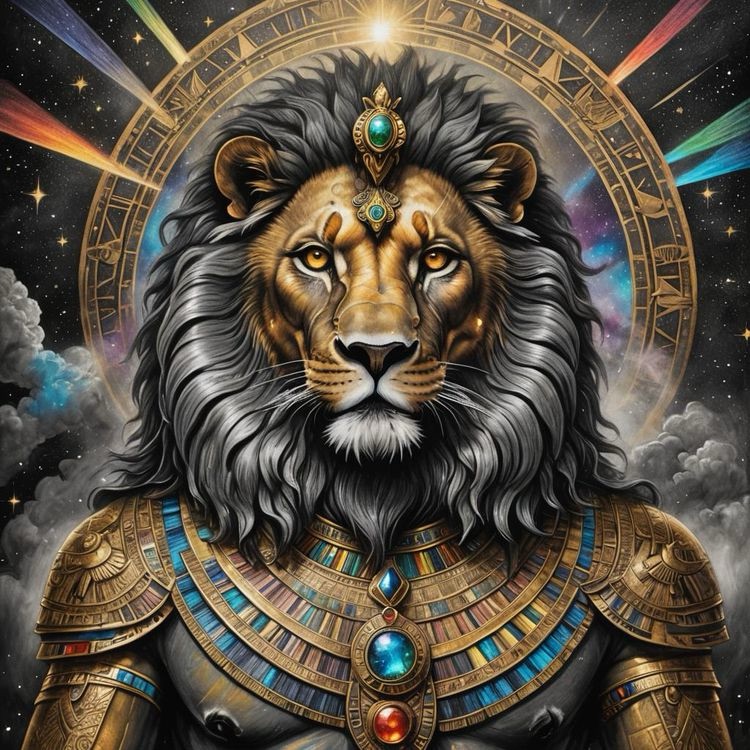There once was a man with the soul of a pup,
Who’d chase and would fetch, always eager to jump.
He’d wag his tail for a pat or a treat,
Content in his life, with the leash at his feet.
His world was so comfy, predictable, tame,
But deep down inside, it all felt the same.
He’d run for approval, he’d stay by their side,
Yet the leash of that life held him close, kept him tied.
Then one fateful day, when it all fell apart,
The leash slipped away, and it startled his heart.
He’d been left alone, in a place he knew not,
A breakup, a move, now what had he got?
But wait! He looked ‘round, saw the world open wide,
No longer a pet with his life pre-supplied.
No more the good boy, all leashed to his chore,
He now had a choice, he could be so much more.
Like a cat in the night, with a prowl and a hiss,
He’d learned that the cage was not something to miss.
For a cat hunts alone, picks its fights in the dark,
It slinks through the shadows, it leaves its own mark.
No master to please, no leash and no chain,
The cat has its freedom, its pride to sustain.
So he prowled through the night, choosing when to engage,
No longer a slave to some comfortable cage.
He hunts for himself, does what he will,
There’s danger, but oh, the sweet freedom and thrill.
For it’s better to wander, to prowl, and be free,
Than to sit on a leash, even comfortably.
So the man now a cat, with a flick of his tail,
Said goodbye to his past and let loose a loud wail.
For freedom, my friend, is a gift you must find,
When you break from the leash that once tethered your mind!




